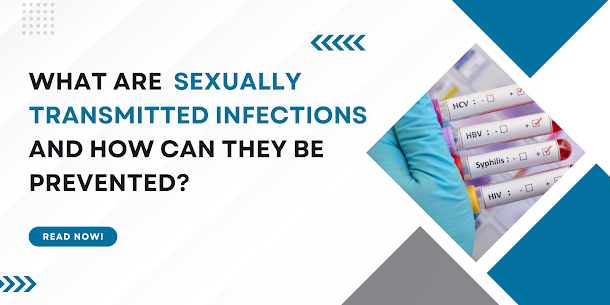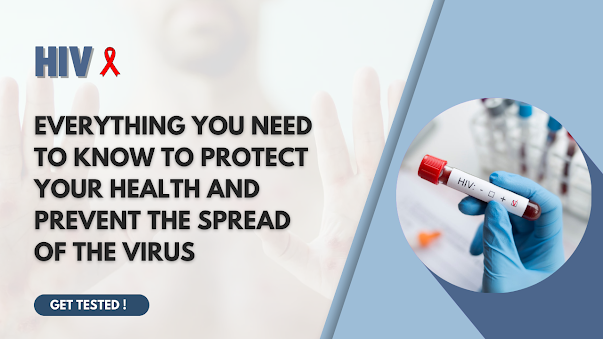What are sexually transmitted infections and how can they be prevented?
Sexually transmitted
infections are a group of diseases that are passed from one person to another
during sex. They can be passed on during vaginal, anal, or oral sex. The
following are the most common sexually transmitted infections:
- Herpes
- Syphilis
- Hepatitis
- Trichomoniasis
- Gonorrhea
- Chlamydia
- HIV/AIDS
Chlamydia - is passed from one man to another by either direct contact with an infected penis or by oral sex. It can be cured with antibiotics.
Gonorrhea - A bacterial infection that is passed from one man to another during vaginal, anal, or oral sex. It can also be cured with antibiotics.
Trichomoniasis - a common sexually transmitted infection caused by a parasite. Trichomoniasis can cause foul-smelling vaginal discharge, genital itching, and painful urination in women.
Herpes - This virus causes sores on the mouth, genitals, and skin (HSV-1) or the skin's surface (HSV-2). Genital herpes is transmitted through intimate skin-to-skin contact during vaginal, anal, or oral sex.
Syphilis - A bacterial infection, that is usually spread through sexual contact. It appears as a painless scar, often on the genitals, rectum, or mouth
HIV/AIDS - this disease is caused by the human immunodeficiency virus (HIV), which attacks the immune system. It may be spread through sexual contact with an infected person and can lead to severe illness and death if left untreated. It can also be passed from mother to child during pregnancy, childbirth, or breastfeeding.
Sexually transmitted infection prevention is a necessary part of any sexual health program. It can be incredibly difficult to know exactly where to start with this subject, so it's best to start by taking a look at the basics.
- Practice Abstinence
- Have Fewer Partners
- Talk with Your Partner
- Use Condoms
- PrEP for HIV
- Get Tested
Sexually transmitted infections (STIs) cause very many complications in the health of young men and women. Since symptomless STIs do not show any obvious symptoms, it is critical to get tested as soon as possible. So if you think you may have been exposed to an STI, contact your physician immediately for diagnosis and treatment.
Schedule your test today : https://www.24-7labs.com/




Comments
Post a Comment